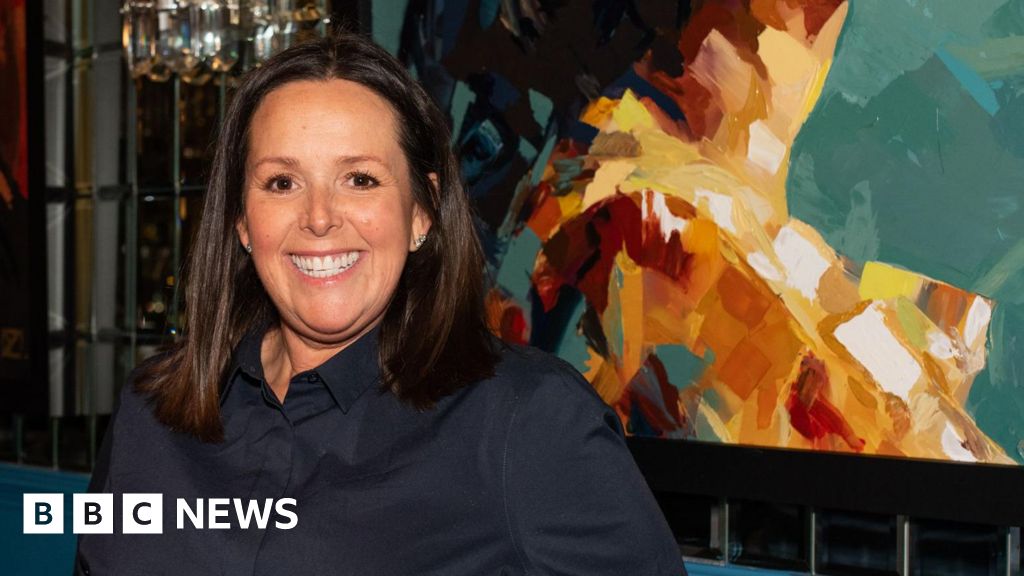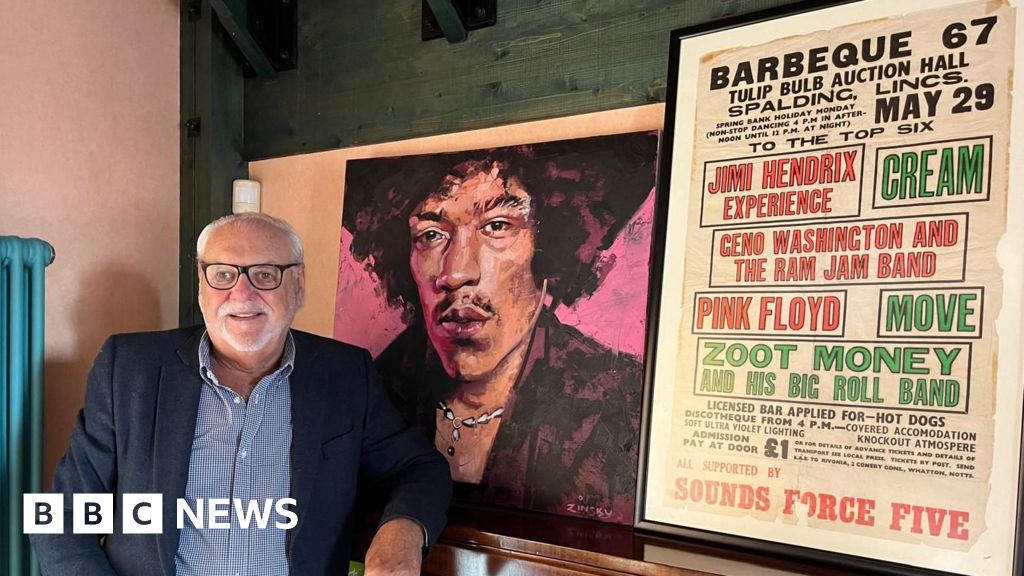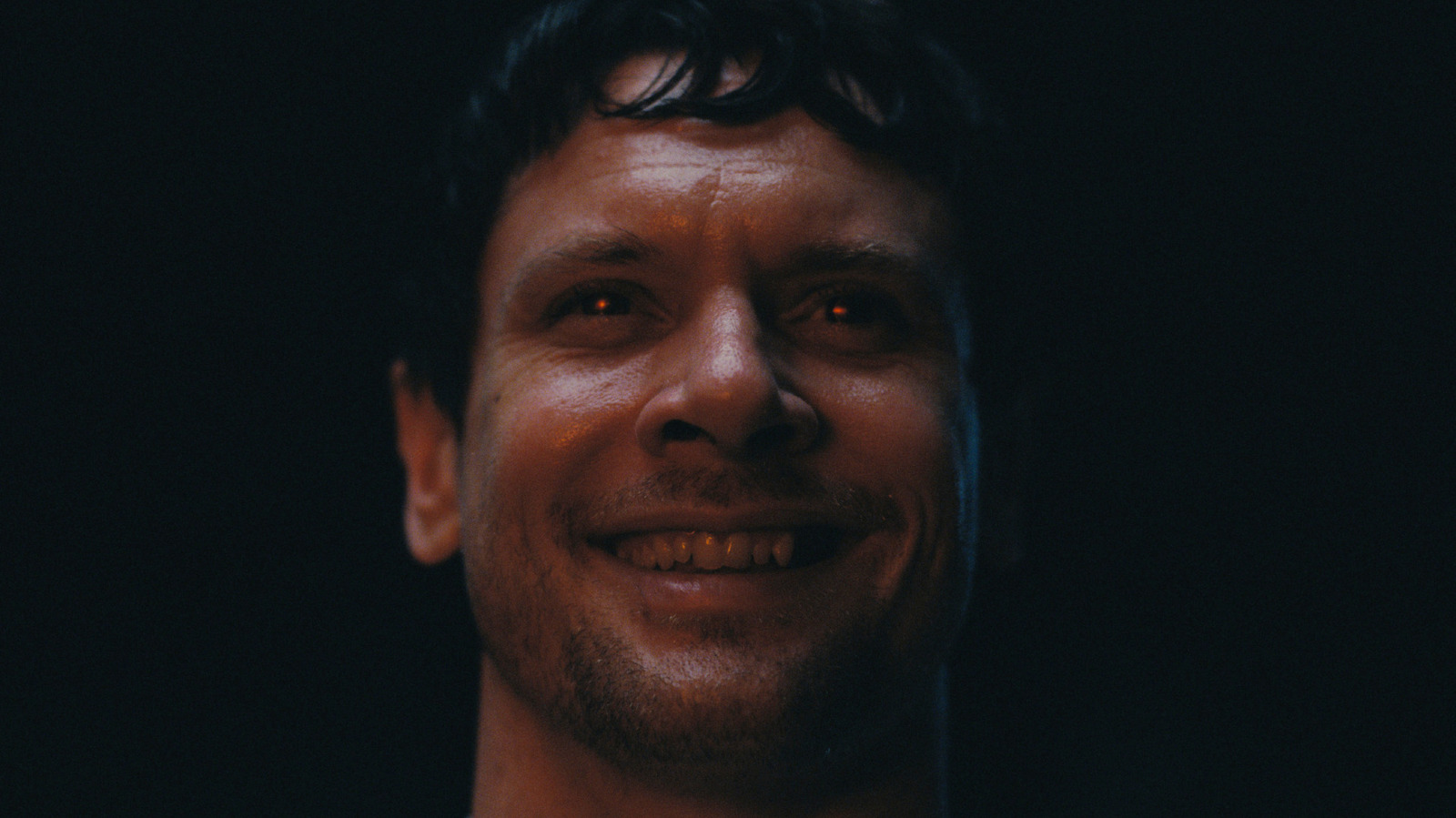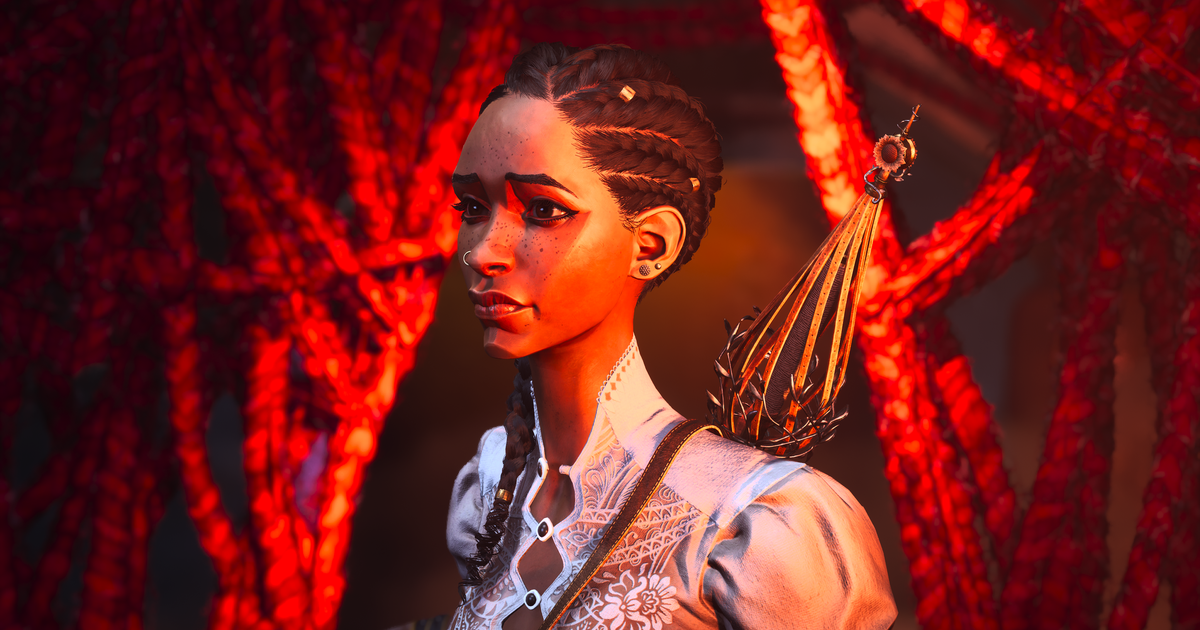No Wigs, Please: Transformative New Rules Shake Up Beauty Pageants in Ivory Coast
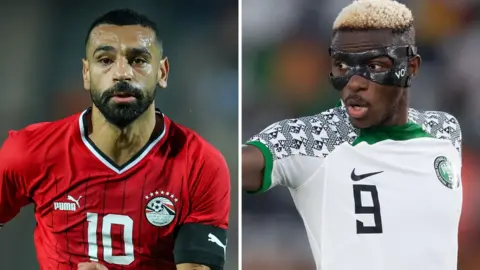
In a groundbreaking move for beauty standards, the beauty pageant landscape in Ivory Coast is experiencing a significant transformation. Traditionally dominated by long, flowing wigs and elaborate weave extensions, these competitions are now embracing a more natural aesthetic, as exemplified by Marlène-Kany Kouassi, one of the few titleholders to don her crown with pride while wearing her natural hair. In a nation where beauty pageants are immensely popular and highly competitive, this shift not only challenges conventional norms but also celebrates authenticity.
Kouassi's victory as Miss Ivory Coast in 2022 was historic, marking her as one of only two winners in the past sixty years to flaunt natural hair, a decision that resonated deeply with many. Her win illuminated a broader issue regarding beauty standards, particularly as they pertain to African women, who often feel pressured to conform to Western ideals that favor extensions and chemical treatments. In a similar vein, Angélique Angarni-Filopon made headlines last December when she became Miss France, celebrated not only for her age—34—but also for her short Afro, pushing the boundaries of what is considered beautiful.
In an effort to further promote the celebration of natural beauty, organizers of the Miss Ivory Coast pageant have instituted a radical ban on wigs, weaves, and hair extensions during the preliminary stages of the competition, which takes place in 13 cities across the country and even extends to two international locations for Ivorian women living abroad. Victor Yapobi, president of the organizing committee, explained the rationale behind this decisive move: “We want the candidates to be natural—whether with braids or straightened hair, it should be their own. Beauty must be raw.” This ban is significant not just in the context of Ivory Coast but also represents a unique approach compared to other beauty pageants across Africa.
For years, the emphasis on physical appearance has led contestants to spend exorbitant amounts on their looks, often resorting to expensive wigs and extensions. The organizers recognized the financial burden this placed on participants, prompting changes not only to the hair policy but also to other criteria such as age and height requirements. The age limit has been increased to 28 years, and the minimum height for contestants has been adjusted to 1.67 meters (approximately 5.4 feet), while the entrance fee has been reduced to $50, making participation more accessible. This new structure is designed to alleviate the financial strain many hopeful contestants face.
In the preliminary rounds held in Daloa, a city in the western region of Haut-Sassandra, the reception of the new rules was mixed. Emmanuella Dali, a 21-year-old real estate agent, expressed her enthusiasm, stating that the ban on wigs empowers her to embrace her natural beauty. “This rule gives me more pride as a woman—especially as an African woman,” she shared, demonstrating the positive impact of these changes on the self-esteem of contestants.
However, the new regulations have ignited a spirited debate among the participants and the wider public. While many celebrate the return to natural beauty, others view wigs as a vital form of self-expression and creativity. Contestant Astrid Menekou, a 24-year-old makeup artist, initially found the wig ban surprising but ultimately discovered a newfound appreciation for her natural hair. “I didn’t expect this rule! But now? I like my hair, and that’s OK,” she remarked.
The implications of this beauty pageant shift extend beyond mere aesthetics. The Ivorian hair industry, valued at over $300 million annually, heavily relies on the demand for wigs and extensions. Hairdresser Ange Sea, who operates a salon in Daloa, voiced concerns that the new rules could jeopardize her livelihood, emphasizing the deep-rooted culture of wig-wearing in West Africa. “This rule is not good for us. Many women love wigs. This will hurt our business,” she lamented, highlighting the economic ramifications of changing beauty standards.
As the conversation around natural beauty evolves, the prevalence and accessibility of natural hair products have increased significantly. Social media has played a pivotal role in promoting natural hair influencers who offer advice and support for styling and maintaining natural hair, which requires time and care. Despite this progress, traditional views still persist, as noted by Florence Edwige Nanga, a hair and scalp specialist from Abidjan, who pointed out that many women in professional settings continue to opt for wigs to align with societal expectations. “Turn on the TV [here], and you'll see almost every journalist wearing a wig,” she noted, indicating the challenges that still exist for women embracing their natural hair.
As the preliminary rounds continue, the debate about beauty standards and personal expression remains heated. While some argue that pageants should uphold specific beauty ideals, others believe that women should have the freedom to define beauty on their own terms. The feedback from the initial rounds has been overwhelmingly positive, with Yapobi reporting numerous messages of congratulations from both local and international observers. “Everyone congratulates us… I receive emails and WhatsApp messages from everywhere congratulating us for wanting to return to our roots,” he noted.
Looking ahead, there is uncertainty regarding whether the ban on wigs will extend to the finalists of Miss Ivory Coast 2025, with the grand finale set to be held at a hotel in Abidjan at the end of June, broadcast nationally. “If it works, we'll continue and carry on this initiative in the years to come,” Yapobi stated, highlighting the potential for lasting change within the pageant and beyond. For Doria Koré, who was crowned Miss Haut-Sassandra, her victory symbolizes more than just a title: “Winning with natural hair shows the true beauty of African women.” Contestant Emmanuella Dali echoed this sentiment, expressing that even without winning, she walked away with a renewed sense of self-confidence. “I didn’t win, but I feel proud. This is who I am.”












